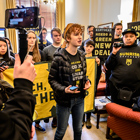
How Movements Moved the Debates
If there is one thing the first Democratic debates made clear, it is that movements lead, politicians follow.


If there is one thing the first Democratic debates made clear, it is that movements lead, politicians follow.

The ironic consequence of Sanders’s 2016 campaign is that most Americans now have a difficult time understanding how his socialism differs from the stands taken by other progressive candidates.
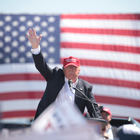
According to a recent study, white voters who support anti-racist policies generally have less income than their more racist peers.
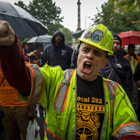
Immigration didn’t cause the economic restructuring that began in the 1970s, or the inequality and labor degradation that came with it.
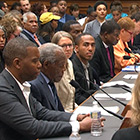
How should the struggle for reparations for slavery fit into a broader political strategy for the left?
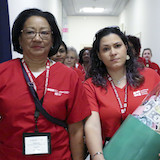
Unionized nurses are campaigning for sweeping changes to the healthcare system, including Medicare for All and safe staffing levels in hospitals.
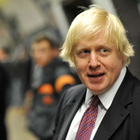
Boris Johnson could very well become prime minister. The United Kingdom might not survive it.
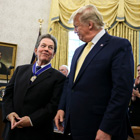
The idea behind the Laffer curve is a great satire of the hardworking self-image of the American managerial class.

Pauline Kael was one of the great voices of American freedom. The road she opened for critics is simultaneously the most rewarding and the most difficult to follow.
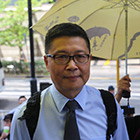
Chan was given a sixteen-month sentence in April for his role in the pro-democracy protests that began in 2014. While he remains imprisoned, his successors have taken to the streets.

The career public defender hopes to join a wave of progressive district attorneys pushing a bold agenda of criminal-legal reform.
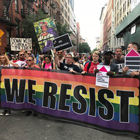
The announced parade is the latest right-wing effort to seize the pathos of victimhood from the actually marginalized. Organizers around Boston have shown the greater strength that lies in solidarity.

Right-wing parties, nationalists, populists, and Euroskeptics gained seats in last month’s European elections, especially in Hungary and Poland. The left, in contrast, suffered numerous defeats.

Poulantzas tried to envision how the left could simultaneously champion rank-and-file democracy at a distance from the state and push for radical transformation from within it.

What if the best thing we could do—for ourselves, the planet, and even our workplaces—was to work less?